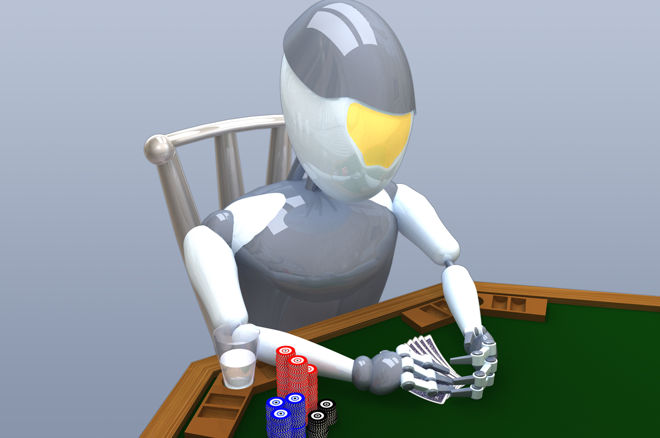When does artificial intelligence become real intelligence? Put another way, when do machines overtake humans?
The Turing Test suggests that machines exhibit intelligence when the humans can’t tell if they’re communicating with a machine or a human. The Turing Test provides a good conceptual definition, but it is difficult to operationalize the test. If, for example, we ask human subjects to report whether they are text messaging with a human or a computer, we would get different answers depending on the attentiveness of subjects. In many interactions, the stakes are sufficiently low that we may not care whether we are communicating with machine or a human.
The famous man v. machine chess battles of the 1990s were seen as a test of machine intelligence vs. human intelligence. This is a specific test with sufficiently high stakes, but the computer’s success in chess comes from its computational force in game. The game does not require the computer to read or understand human thought, just the movement of pieces on a chessboard.
A real Turing Test would require machines to read and understand human intelligence in a demonstrable manner with high stakes. The real proving ground would be a game like poker rather than a game like chess.
Poker, like chess, is played by a set of rules and it’s possible to calculate probabilities of winning hands from any state of play. Programming the probabilities of a winning hand from any state of play would be relatively easy, but it is not enough to conquer poker. Poker is only partially about cards and probability of winning hands. Betting is key, players must bluff one another to win. Players must recognize others’ betting strategies, call their bluffs.
Could program draw from a database of poker player moves in similar situations? This would be a brute-force type approach.
Could program create typical player profiles (e.g. aggressive, passive) that it employs and updates during the game based on other player’s moves? There must be some typical betting strategies, like trying to keep other players around for several turns of betting to increase pot. Other players may systematically over or underestimate their probability of winning in particular situations, like drawing for a straight or flush. Some players may make significant bets early in sequence to bluff others into folding. The program could keep a profile on the players it has played to cue its behavior to what it knows about particular players. It may even be possible for the program to identify profiles and patterns in an unsupervised manner.
Computers can play poker, but can they beat humans playing poker? When/if computers learn to play poker better than humans, I think AI will reach a real tipping point.

